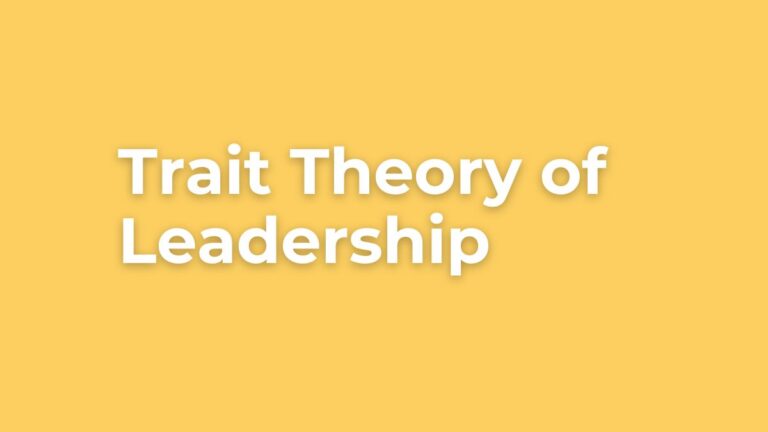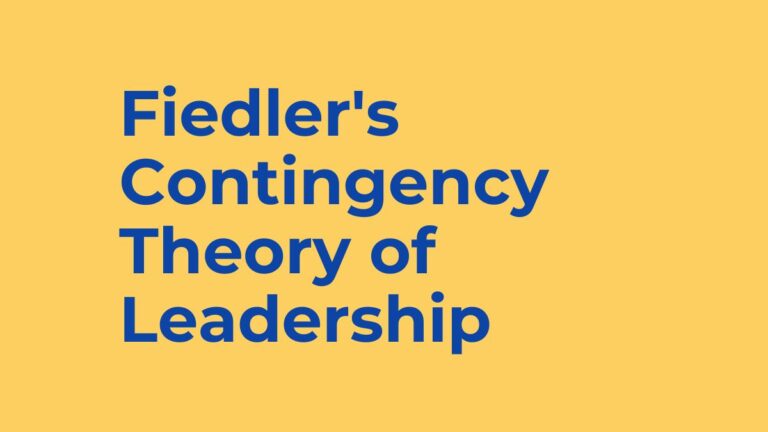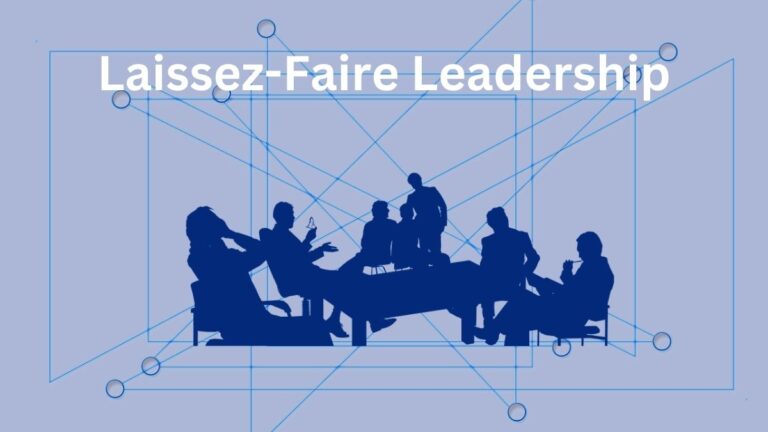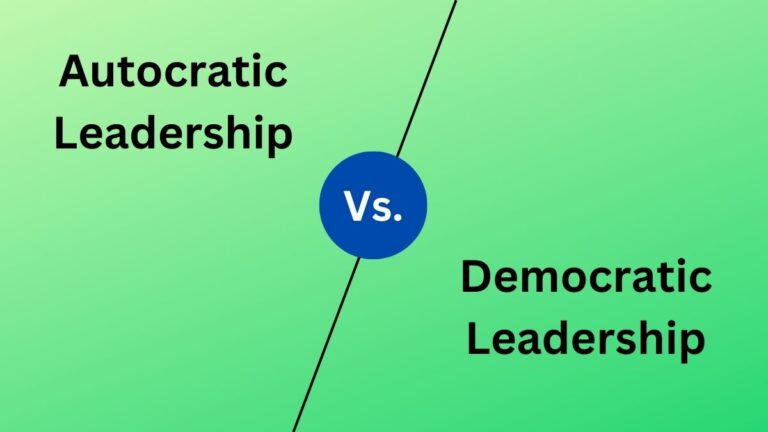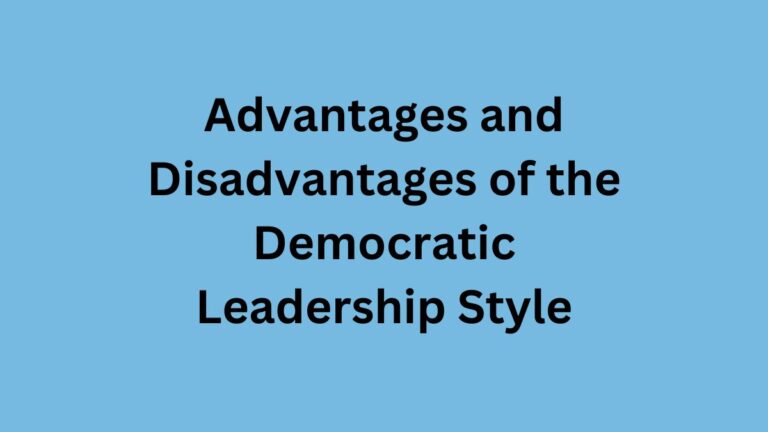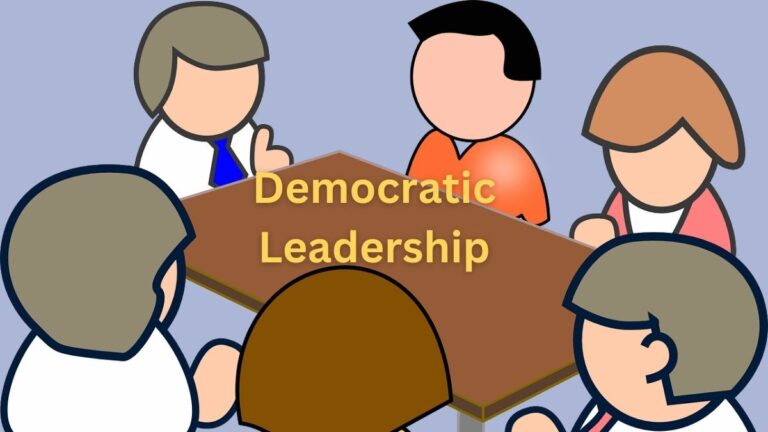What is Managerial Grid Theory of Leadership? Definition and Styles
What is Managerial Grid Theory of Leadership? The managerial grid theory of leadership is a behavioral leadership theory proposed by Robert R. Blake and Jane S. Mouton in 1960 with the aim of explaining leaders’ behavior. According to Blake and Mouton, leaders’ behavior can be identified on the basis of their concern for people and…

